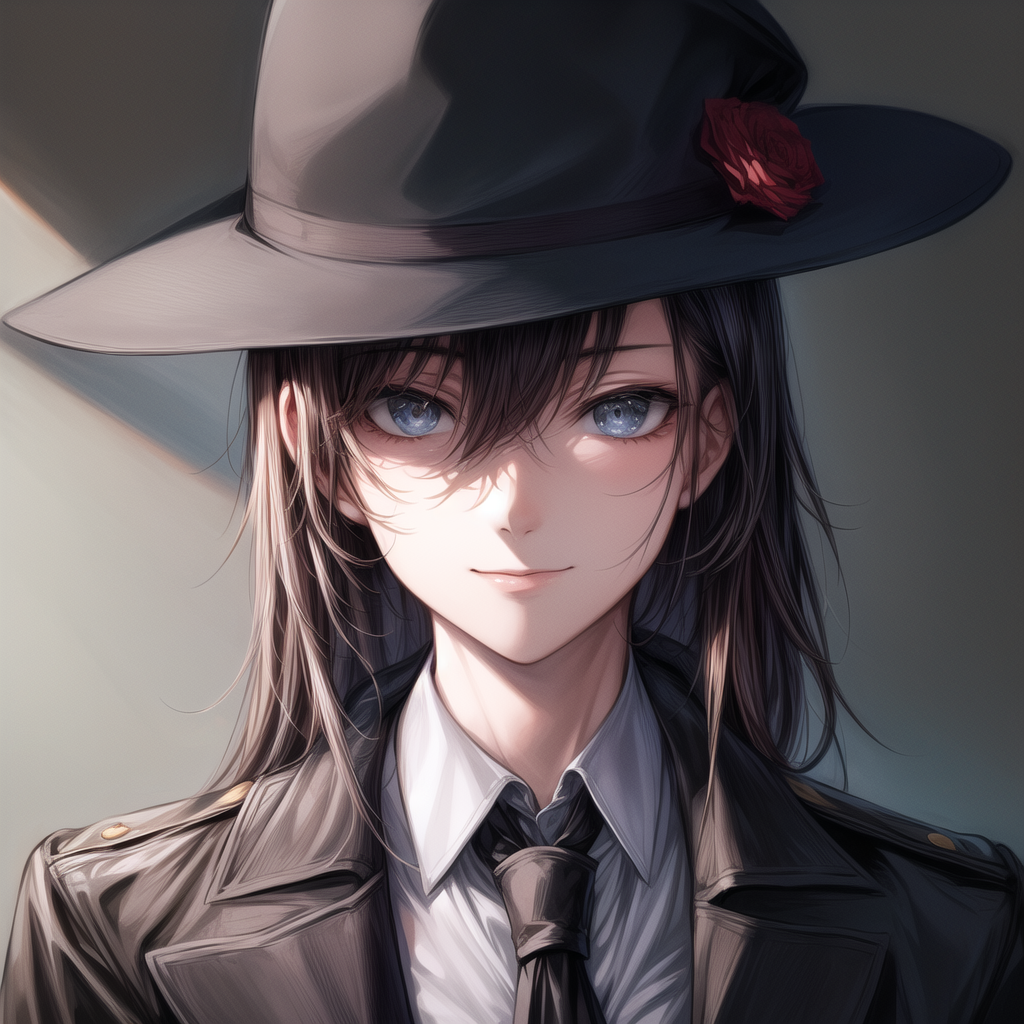Home Assistant
www.home-assistant.ioOpen source home automation that puts local control and privacy first. Powered by a worldwide community of tinkerers and DIY enthusiasts. Perfect to run on a Raspberry Pi or a local server.
What kind of security cameras are you using?
I’m thinking about buying some but I don’t want my videos being uploaded to some third party servers.
Probably gonna use home-assistant so it should work with that.
You must log in or register to comment.
A place to discuss privacy and freedom in the digital world.
Privacy has become a very important issue in modern society, with companies and governments constantly abusing their power, more and more people are waking up to the importance of digital privacy.
In this community everyone is welcome to post links and discuss topics related to privacy.
Some Rules
- Posting a link to a website containing tracking isn’t great, if contents of the website are behind a paywall maybe copy them into the post
- Don’t promote proprietary software
- Try to keep things on topic
- If you have a question, please try searching for previous discussions, maybe it has already been answered
- Reposts are fine, but should have at least a couple of weeks in between so that the post can reach a new audience
- Be nice :)
Related communities
much thanks to @gary_host_laptop for the logo design :)
- 0 users online
- 108 users / day
- 435 users / week
- 1.32K users / month
- 4.54K users / 6 months
- 1 subscriber
- 4.57K Posts
- 115K Comments
- Modlog







I used to recommend the ubiquiti security system. Relatively inexpensive, all data stays onsite, wide range of gear.
But lately I’ve had some support issues and their hardware is next to impossible to find. Fun fact, unless you buy this from their site or one of a handful of authorize resellers, they won’t support shit. I had a Cloud Key Gen2 from December of last year just die on me, but since I bought it from the Ubiquiti Amazon “store” (not actually sold by Ubiquiti), I was SOL.
I know this is c/Privacy, but I use an iCloud Secure Video camera for the doorbell. Logitech Circle Doorbell, no sign in or video sent to Logitech, just processed by my Apple TV on network and uploaded securely to iCloud, where it’s stored E2EE.
I’m technically proficient enough that I should be doing something better, but when non-tech friends ask what home camera system is private, it’s really the only one I can recommend as “good enough.”
If you are planning to use it in closed network or with some firewall rules applied, you can pretty much use any. But If you aint, then good luck with finding that. You may consider search the brand and product at the Mozilla’s *Privacy Not Included buyer’s guide
Any camera that supports RTSP and ONVIF should work fine, it’s generally best to disable internet access on the cameras at your firewall too.
Frigate is a great app for recording too, since it does object detection.
That’s also how I do things.
Get the cheapest camera possible with decent quality, PoE, RTSP and ONVIF.
Add them in a VLAN without internet access and let Frigate handle the rest.
And with access disabled you can still ssh tunnel into them right?
Not remotely but ofc.
I have a ReoLink camera that streams to my Synology NAS that’s joined to my Tailscale network that I can access from anywhere!
I used a similar system OpenHAB for “automation” and to view my cameras at first but ended up Just accessing them directly. My issue was video delay through OpenHAB. I used a SANNCE setup because I needed 8 cameras and it fit the bill. Local storage, cheap, no internet access required. It does support a few protocols that any of the big home “automation” systems have support for.
I block the device from getting out to the internet with a firewall rule. Their app doesn’t require registration with the cloud services and I have a split tunnel VPN to connect remotely.
Quite a while ago, I used motion.
It’s fairly basic, but did all that I needed. It’s standalone, so no integration with home-assistant, at least not to my memory.
I seem to remember that there is something that builds up on motion, and I dimly remember a web-interface, but can’t find the package right now.
Maybe an okay starting point, if no-one points out something better
You may be thinking of motioneye - https://github.com/motioneye-project/motioneye, which integrates with HASS fairly well if I remember.
OP, I’m headed down the same hole and here’s some high level info I’ve picked up so far.
You can certainly stream your camera to HASS, but unless you’re running it on a system fast enough to process the streams, and with enough space to store the data, you’re not going to have a good experience.
You’re better off streaming them to a NAS or to a dedicated NVR. There are plenty of options for packages which include wireless and POE cameras. Once you have this in place you can display the streams in cards or whatever you want in HASS.
Pretty sure I was, thanks!
deleted by creator
Oh thanks, gonna take a look at motion.
ehh personally i would just get some power over ethernet cameras and closed network and feel fairly secure with them
Unless OP is already in deep with home automation devices or plans to be, I agree keeping it simple this way will keep the overhead/maintenance low and be more reliable.
I’d argue that’s the move even if you are planning on doing robust automation - it just means all you have to do is spin up frigate or double-take or whatever and then integrate that with Home Assistant or Node-Red or whatever automation platform you’d like